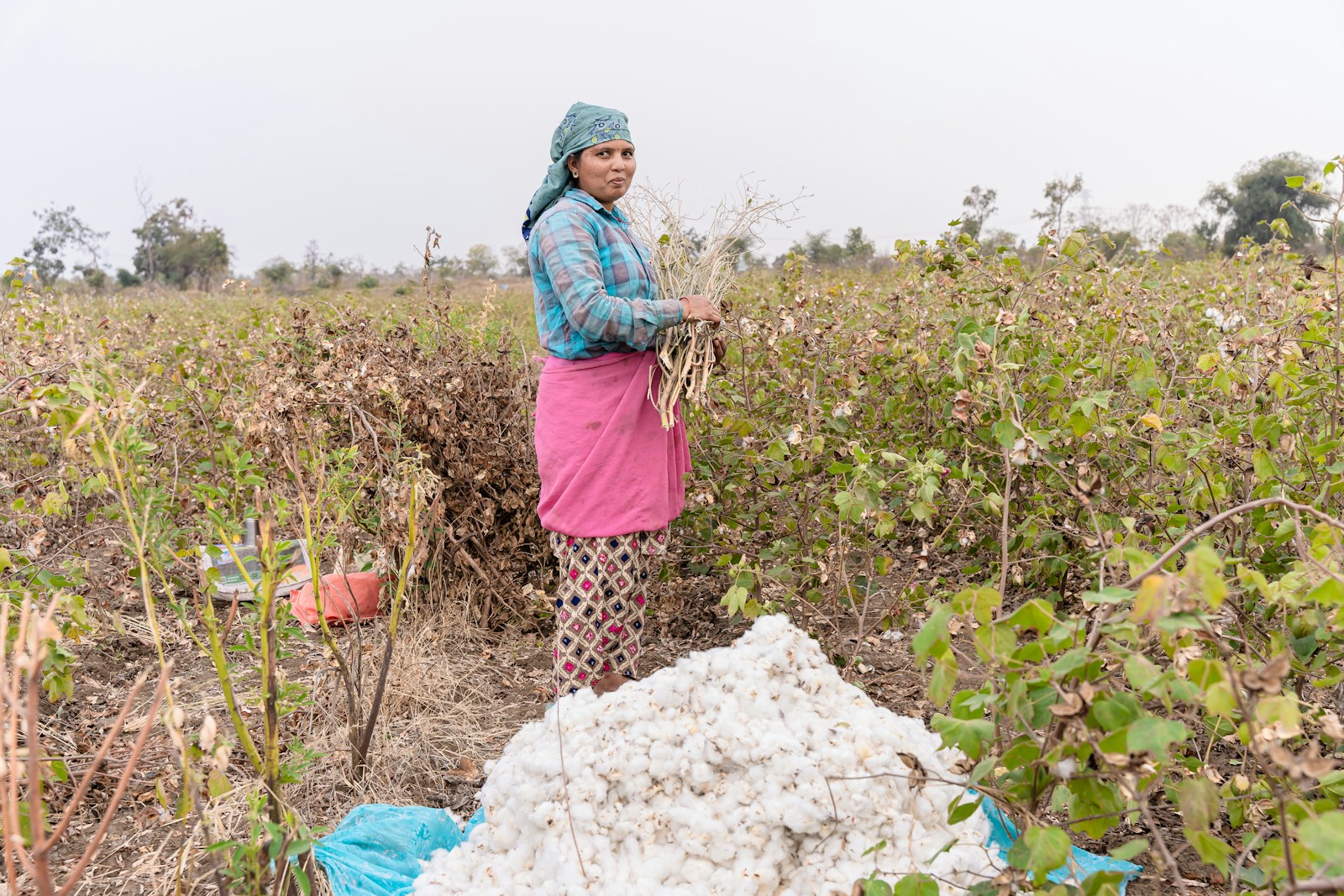
cultivos de regadío

irrigation crops
The Spanish term 'cultivos de regadío' refers to 'irrigation crops' in English. These are plants that are not entirely dependent on rainfall for their growth but rather rely on an artificial application of water, often delivered through various irrigation systems. This practice is particularly prevalent in regions where natural rainfall is insufficient or irregular, making it necessary to supplement the natural water supply with man-made methods. Some common examples of irrigation crops include rice, wheat, and various fruits and vegetables.
Example sentences using: cultivos de regadío
Los cultivos de regadío son esenciales para la economía de la región.

Irrigation crops are essential for the region's economy.
This sentence is explaining the economic importance of irrigation farming, casting them as pivotal to the region's financial wellbeing.
Nuestros cultivos de regadío necesitan una inversión significativa.

Our irrigation crops require significant investment.
In this sentence, the speaker explains that considerable funds are needed to maintain or develop their irrigation farming.
La tecnología moderna ha revolucionado la manera en que administramos los cultivos de regadío.

Modern technology has revolutionized the way we manage irrigation crops.
This example provides insight into the impact of contemporary technological innovations on the management of irrigated farming.
Los agricultores están adoptando nuevas técnicas para mejorar sus cultivos de regadío.

Farmers are adopting new techniques to improve their irrigation crops.
This sentence indicates the introduction of new farming techniques that enhance the performance of irrigated crops.
El cambio climático está afectando el rendimiento de los cultivos de regadío.

Climate change is affecting the yield of irrigation crops.
This phrase is highlighting the environmental issue of climate change and its effect on irrigation farming yields.
Los cultivos de regadío forman el paisaje rural de esta región.

Irrigation crops form the rural landscape of this region.
This sentence describes how irrigated farming dominates the rural setting or appearance of a particular region.
Es difícil mantener los cultivos de regadío durante una sequía severa.

It is difficult to maintain irrigation crops during a severe drought.
The phrase talks about the challenges that come with maintaining irrigated crops in times of severe drought.
Los cultivos de regadío son más productivos que los de secano.

Irrigation crops are more productive than dry farming crops.
This sentence is comparing the productivity of irrigated farming to that of dry farming, stating the former as superior.
Las políticas gubernamentales apoyan el desarrollo de los cultivos de regadío.

Government policies support the development of irrigation crops.
This phrase suggests the role that governmental strategies or directives play in encouraging growth and development in irrigated agriculture.
La utilización de aguas residuales para los cultivos de regadío es una posible solución para la escasez de agua.

The use of wastewater for irrigation crops is a possible solution for water shortages.
This sentence presents a potential solution to water shortages in irrigation farming, which involves the reuse of wastewater.